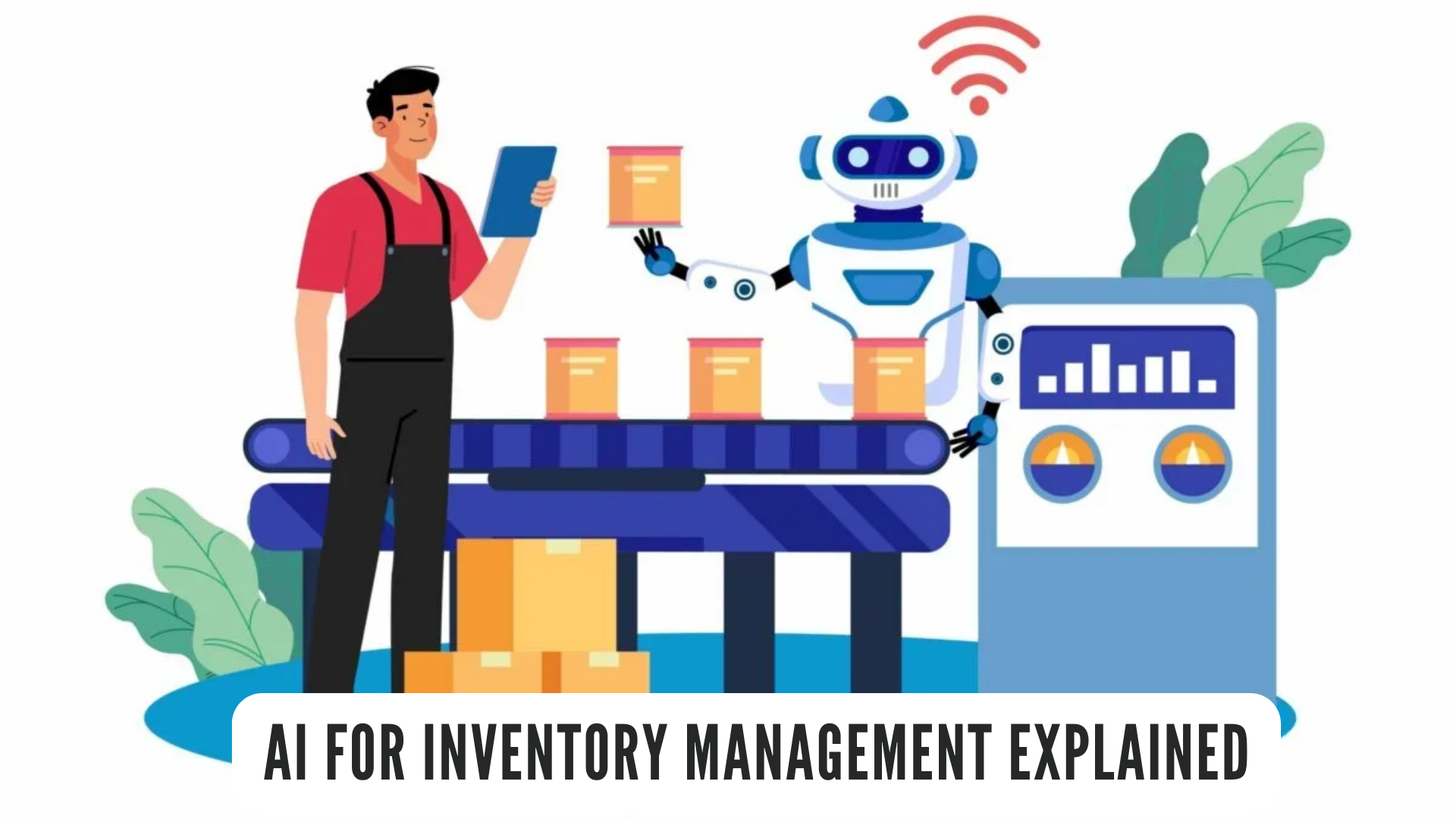In the rapidly evolving landscape of commerce, inventory management stands as a pivotal function for businesses of all sizes. The efficiency and accuracy of managing inventory can significantly impact a company’s bottom line, customer satisfaction, and overall operations. As technology progresses, artificial intelligence (AI) emerges as a game-changer, offering advanced solutions to streamline and optimize inventory management processes. In this comprehensive guide, we delve into the transformative power of AI in inventory management, exploring its applications, benefits, challenges, and future prospects.
Understanding AI in Inventory Management: Artificial intelligence in inventory management refers to the use of AI algorithms and technologies to automate, optimize, and enhance various aspects of inventory control and logistics. These AI-powered systems leverage data analytics, machine learning, and predictive modeling to forecast demand, optimize stocking levels, automate replenishment, and improve overall inventory efficiency.
Applications of AI in Inventory Management:
- Demand Forecasting: AI algorithms analyze historical sales data, market trends, seasonal patterns, and other relevant factors to accurately predict future demand for products. By anticipating customer preferences and buying behavior, businesses can optimize inventory levels, reduce stockouts, and minimize excess inventory.
- Dynamic Pricing: AI-driven pricing algorithms adjust product prices in real-time based on factors such as demand, competition, inventory levels, and customer behavior. Dynamic pricing strategies help maximize revenue and profitability while remaining competitive in the market.
- Inventory Optimization: AI algorithms optimize inventory stocking levels by considering various factors such as lead times, carrying costs, stockouts, and demand variability. These algorithms dynamically adjust reorder points and order quantities to minimize inventory holding costs while ensuring sufficient stock availability.
- Supply Chain Management: AI-powered supply chain management systems optimize logistics, transportation, and distribution processes to ensure timely delivery of goods while minimizing costs and mitigating risks. Predictive analytics help identify potential disruptions and optimize routing, warehouse operations, and inventory allocation.
- Predictive Maintenance: AI algorithms analyze equipment sensor data to predict equipment failures and maintenance needs proactively. By identifying potential issues before they occur, businesses can minimize downtime, reduce maintenance costs, and optimize equipment utilization.
Benefits of AI in Inventory Management:
- Enhanced Accuracy: AI algorithms improve the accuracy of demand forecasting, inventory optimization, and order fulfillment, reducing stockouts, overstocking, and associated costs.
- Increased Efficiency: Automation of inventory management tasks such as demand forecasting, replenishment, and order processing streamlines operations and frees up resources for strategic activities.
- Cost Savings: AI-driven inventory optimization leads to reduced carrying costs, lower inventory obsolescence, and improved supply chain efficiency, resulting in significant cost savings.
- Improved Customer Satisfaction: By ensuring product availability, faster order fulfillment, and accurate delivery, AI-powered inventory management enhances customer satisfaction and loyalty.
Challenges and Considerations: While AI offers numerous benefits for inventory management, its implementation presents certain challenges and considerations:
- Data Quality: AI algorithms rely on high-quality data for accurate predictions and decision-making. Businesses must ensure data integrity, consistency, and completeness to maximize the effectiveness of AI-powered inventory management systems.
- Scalability: As businesses grow and evolve, AI systems must scale to accommodate increasing data volumes, transaction volumes, and complexity.
- Integration: Integrating AI-powered inventory management systems with existing enterprise systems, such as ERP and CRM platforms, can be complex and require careful planning and execution.
- Human Expertise: While AI automates many inventory management tasks, human expertise is still essential for interpreting AI-generated insights, validating recommendations, and making strategic decisions.
Future Prospects: The future of AI in inventory management holds immense promise, with ongoing advancements in AI algorithms, machine learning techniques, and data analytics. Emerging technologies such as Internet of Things (IoT), blockchain, and robotic automation will further augment the capabilities of AI-powered inventory management systems, enabling real-time visibility, traceability, and autonomy across the entire supply chain.
Conclusion: Artificial intelligence is revolutionizing inventory management, offering unprecedented capabilities to optimize operations, reduce costs, and enhance customer satisfaction. By harnessing the power of AI algorithms and technologies, businesses can stay ahead of the competition, adapt to evolving market dynamics, and unlock new opportunities for growth and innovation in the digital age of commerce.









